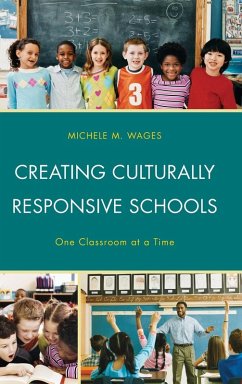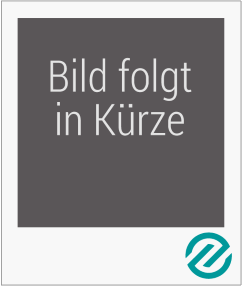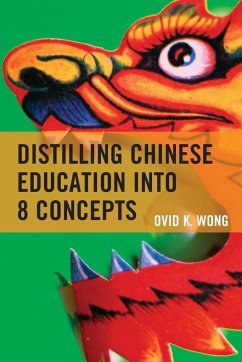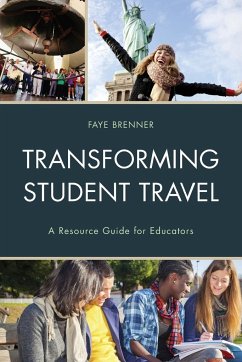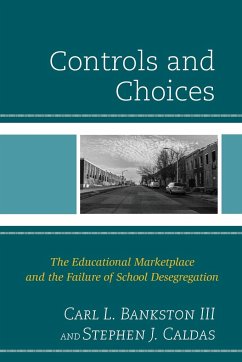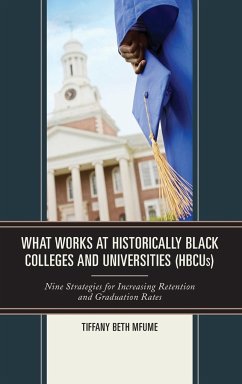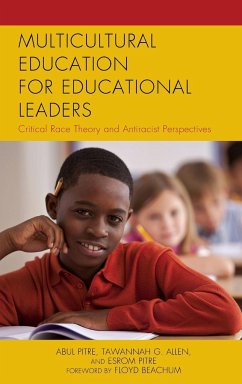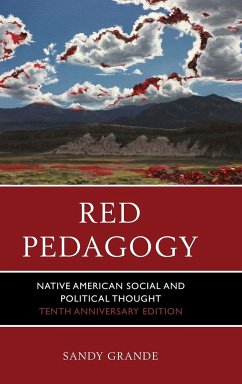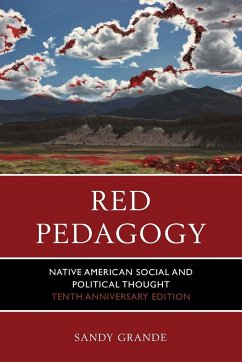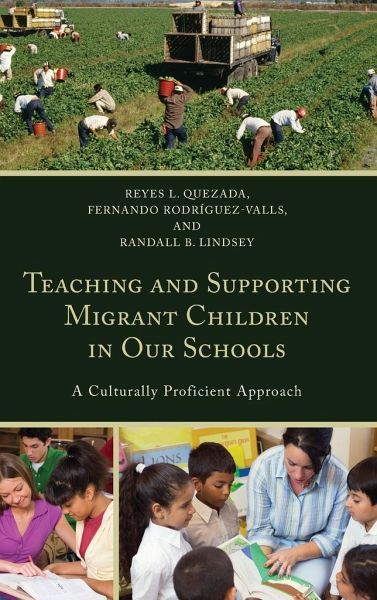
Teaching and Supporting Migrant Children in Our Schools
A Culturally Proficient Approach
Versandkostenfrei!
Versandfertig in 1-2 Wochen
79,99 €
inkl. MwSt.
Weitere Ausgaben:

PAYBACK Punkte
40 °P sammeln!
General approaches to multiculturalism run the risk of overlooking an increasingly diverse student population that deserves special consideration and attention: students from immigrant backgrounds whose families toil the fields in order to provide better educational opportunities for their children. This book’s purpose is to guide educators to think deeply about their roles and responsibilities in the education of children of farmworker families in our nation’s schools. Readers will view their classrooms, schools, districts, and the migrant programs they lead in a broad and inclusive manne...
General approaches to multiculturalism run the risk of overlooking an increasingly diverse student population that deserves special consideration and attention: students from immigrant backgrounds whose families toil the fields in order to provide better educational opportunities for their children. This book’s purpose is to guide educators to think deeply about their roles and responsibilities in the education of children of farmworker families in our nation’s schools. Readers will view their classrooms, schools, districts, and the migrant programs they lead in a broad and inclusive manner through the lens of cultural proficiency.






